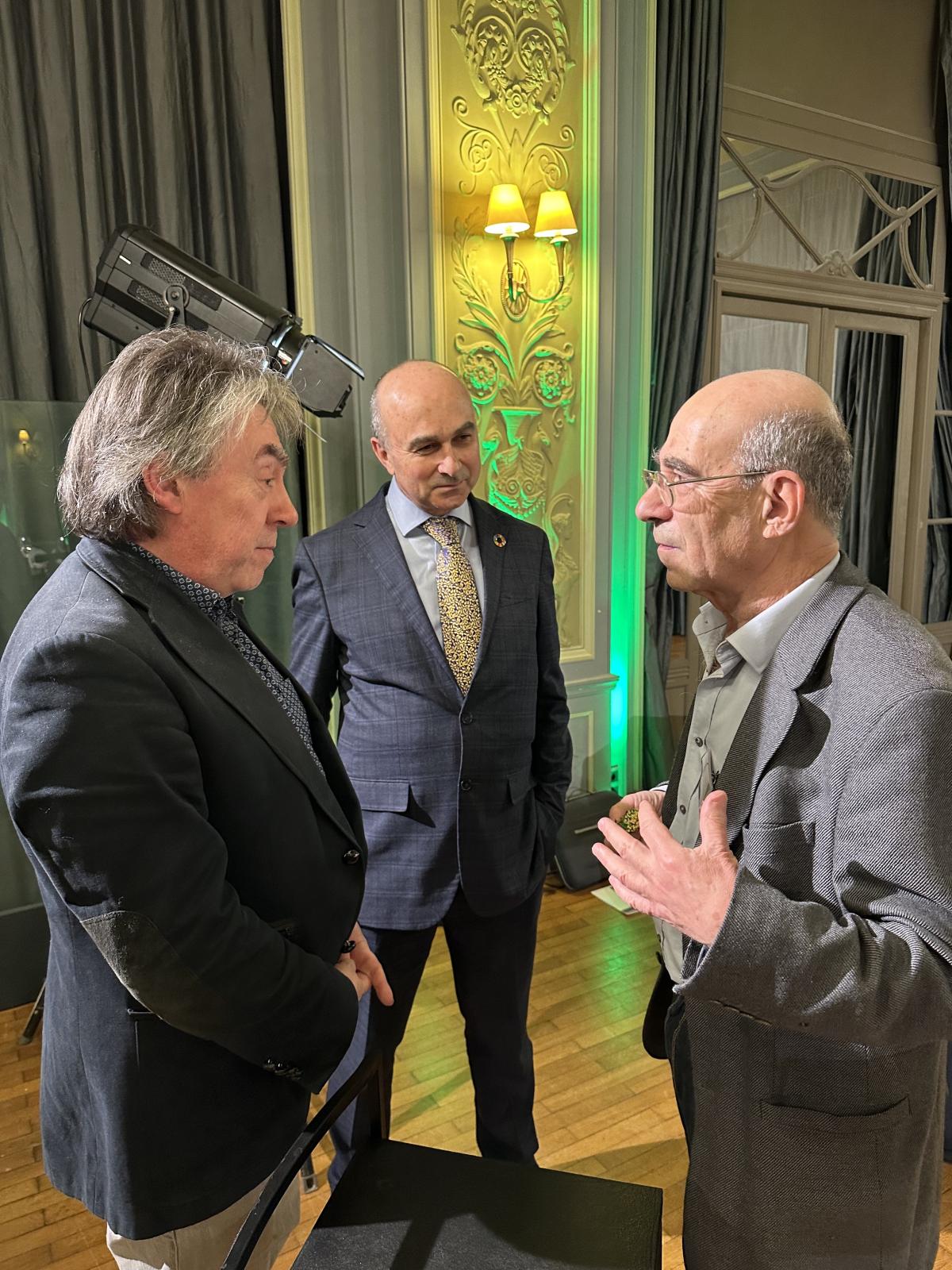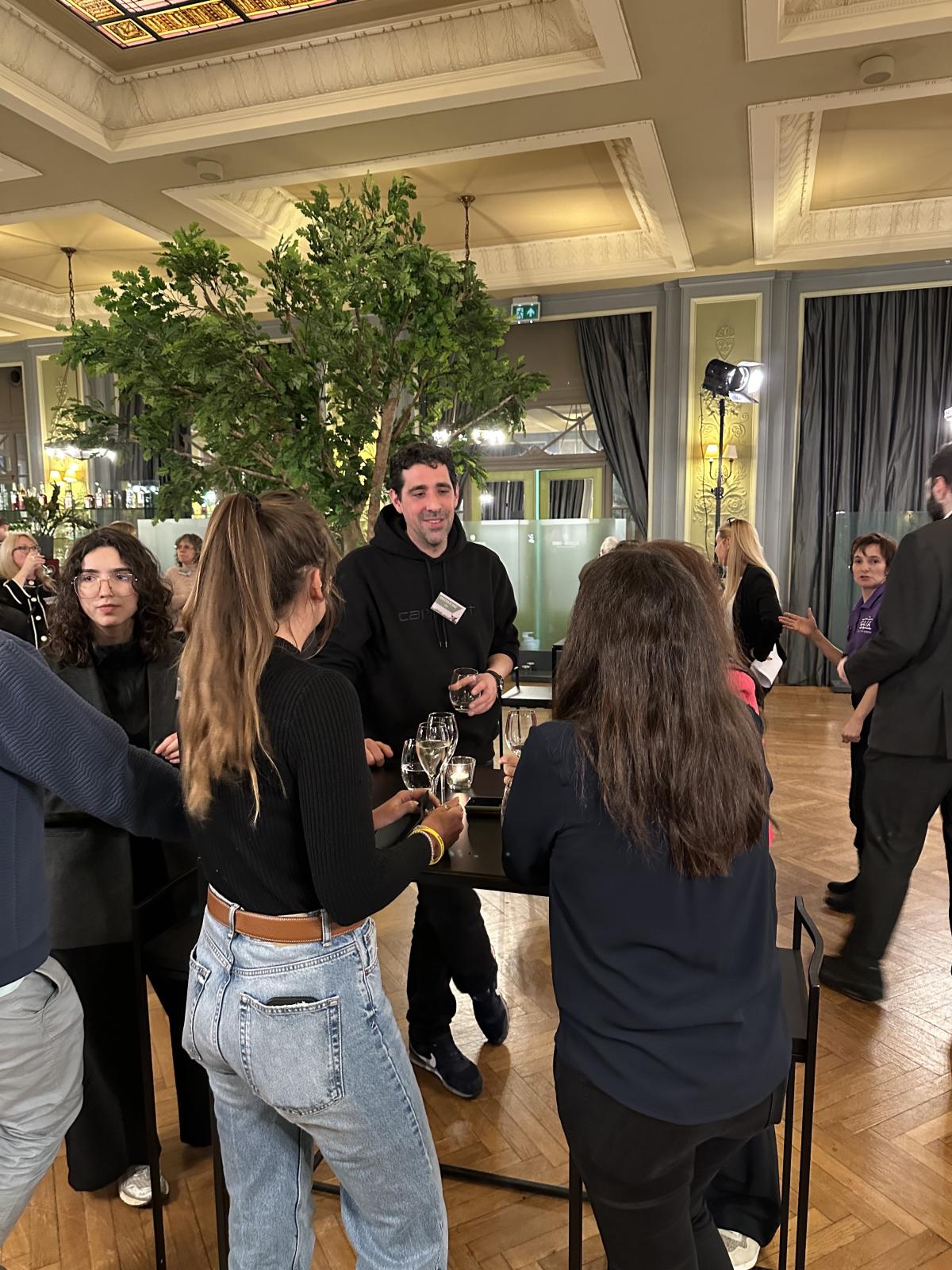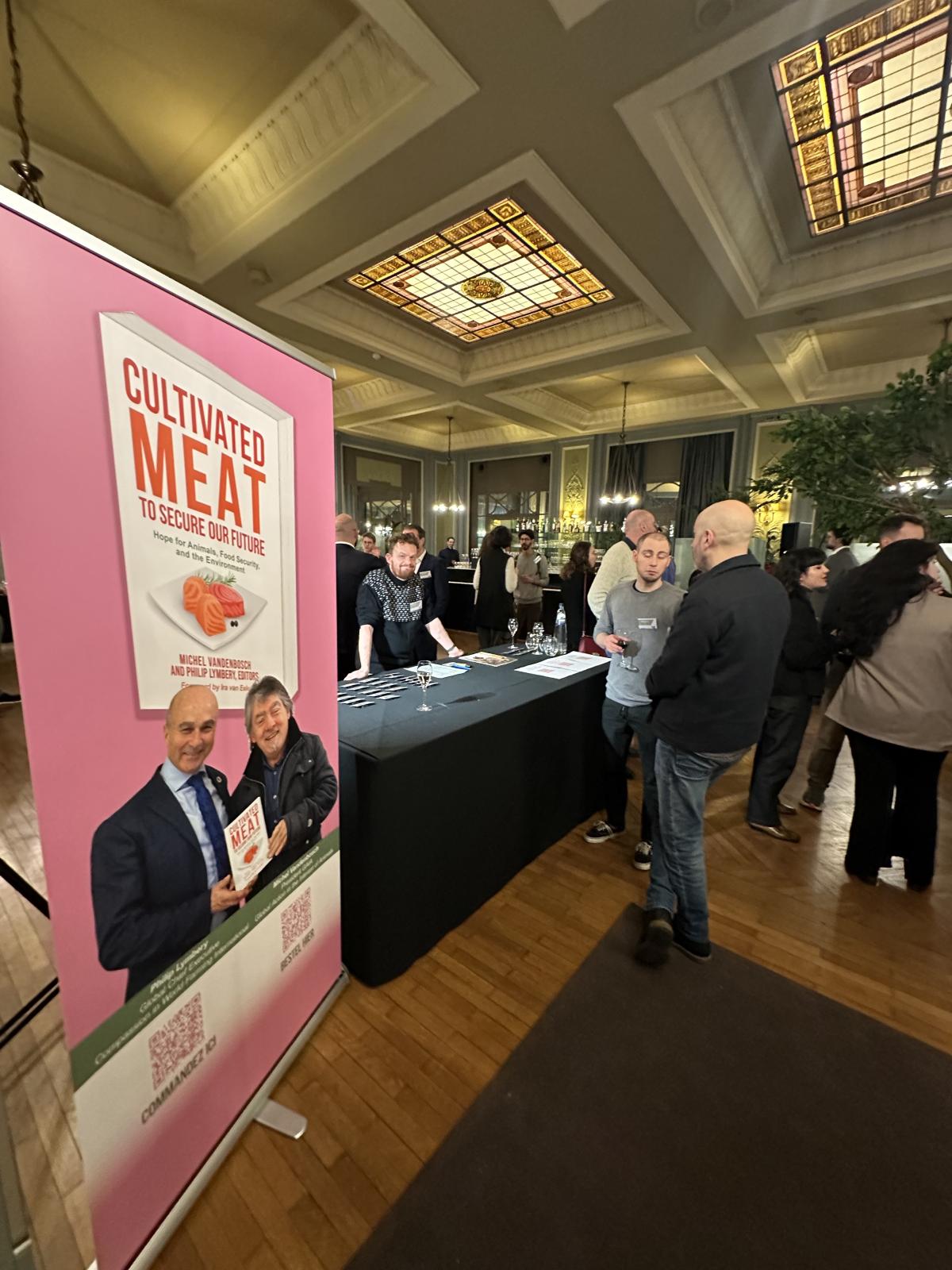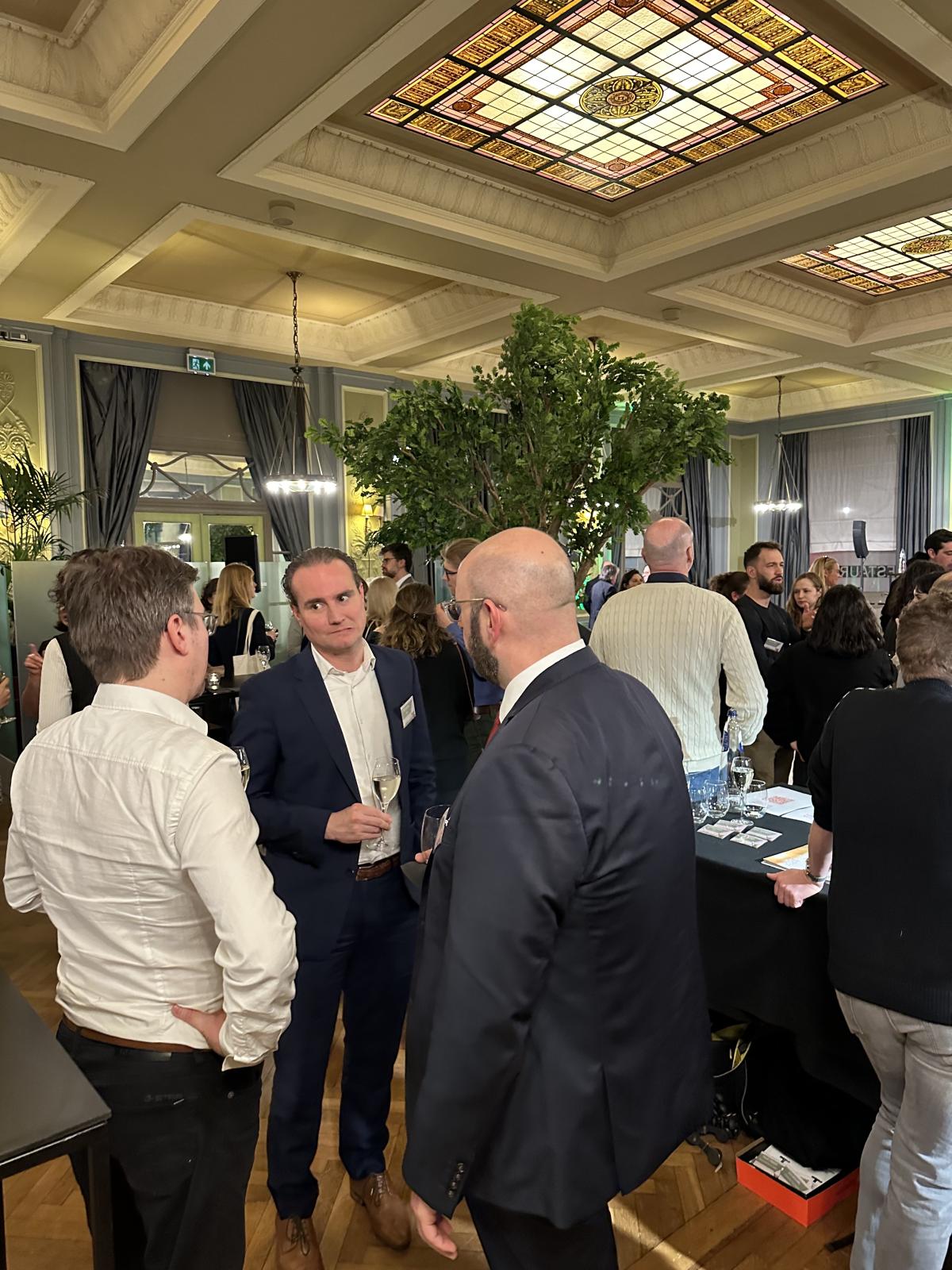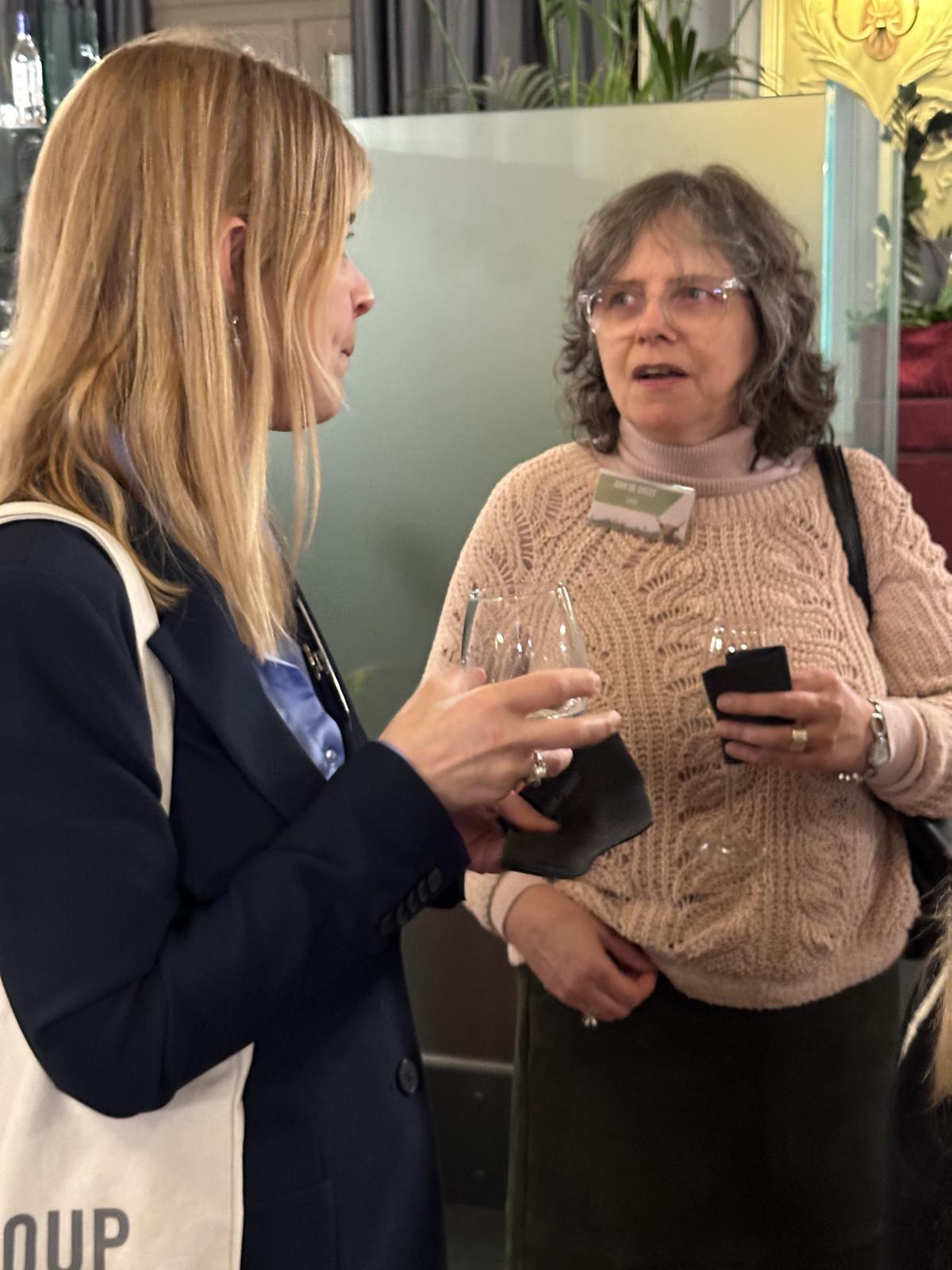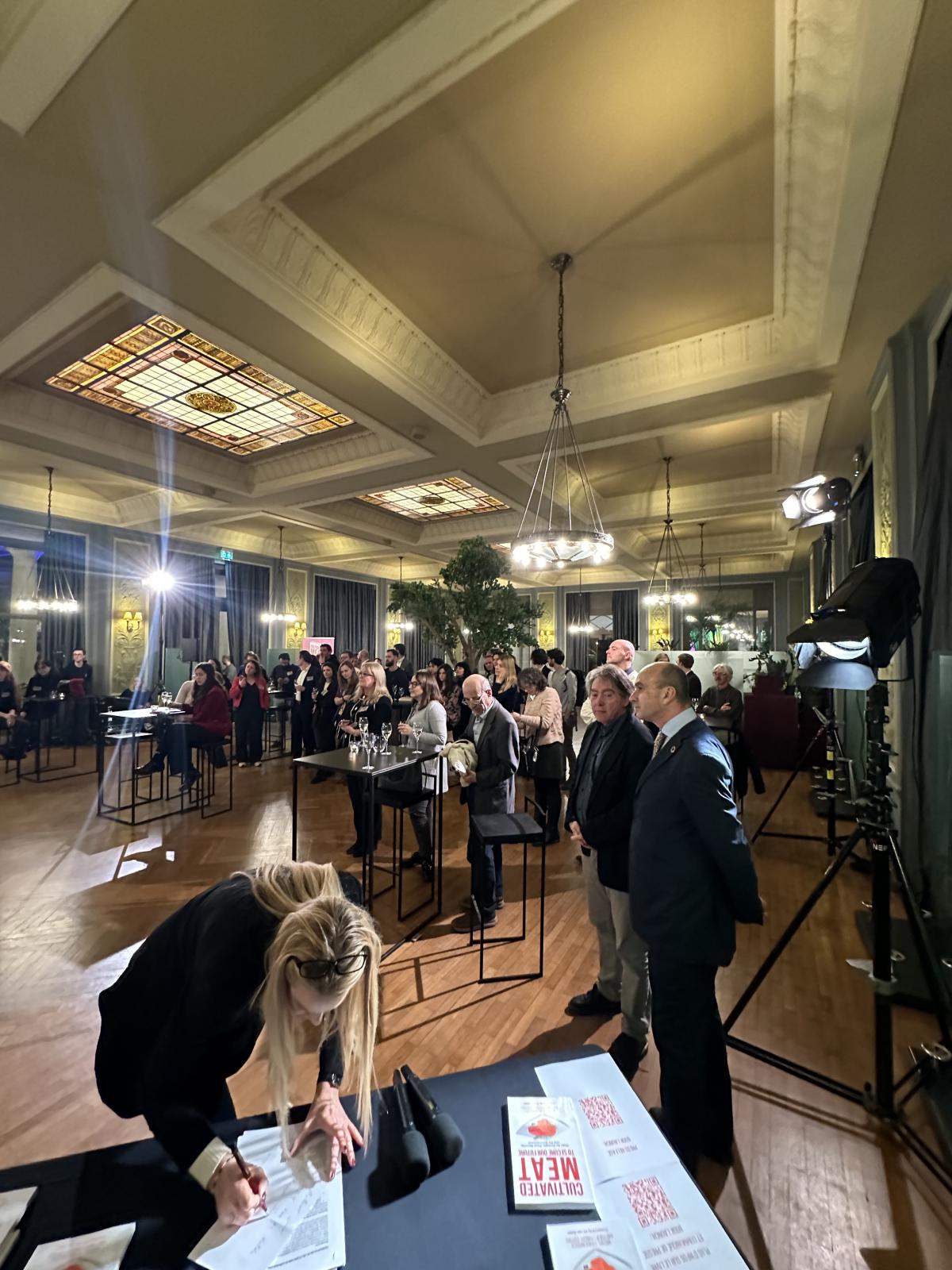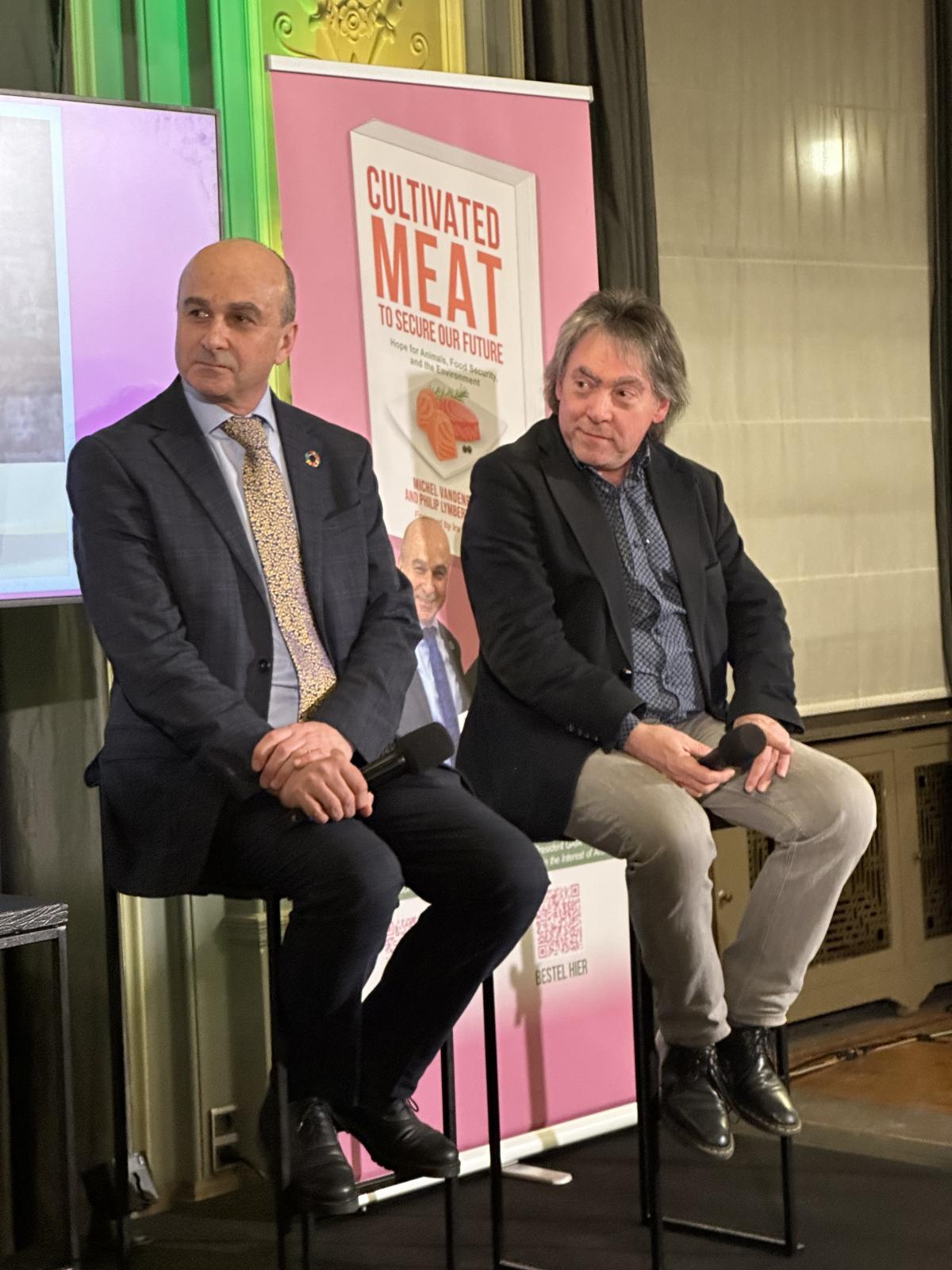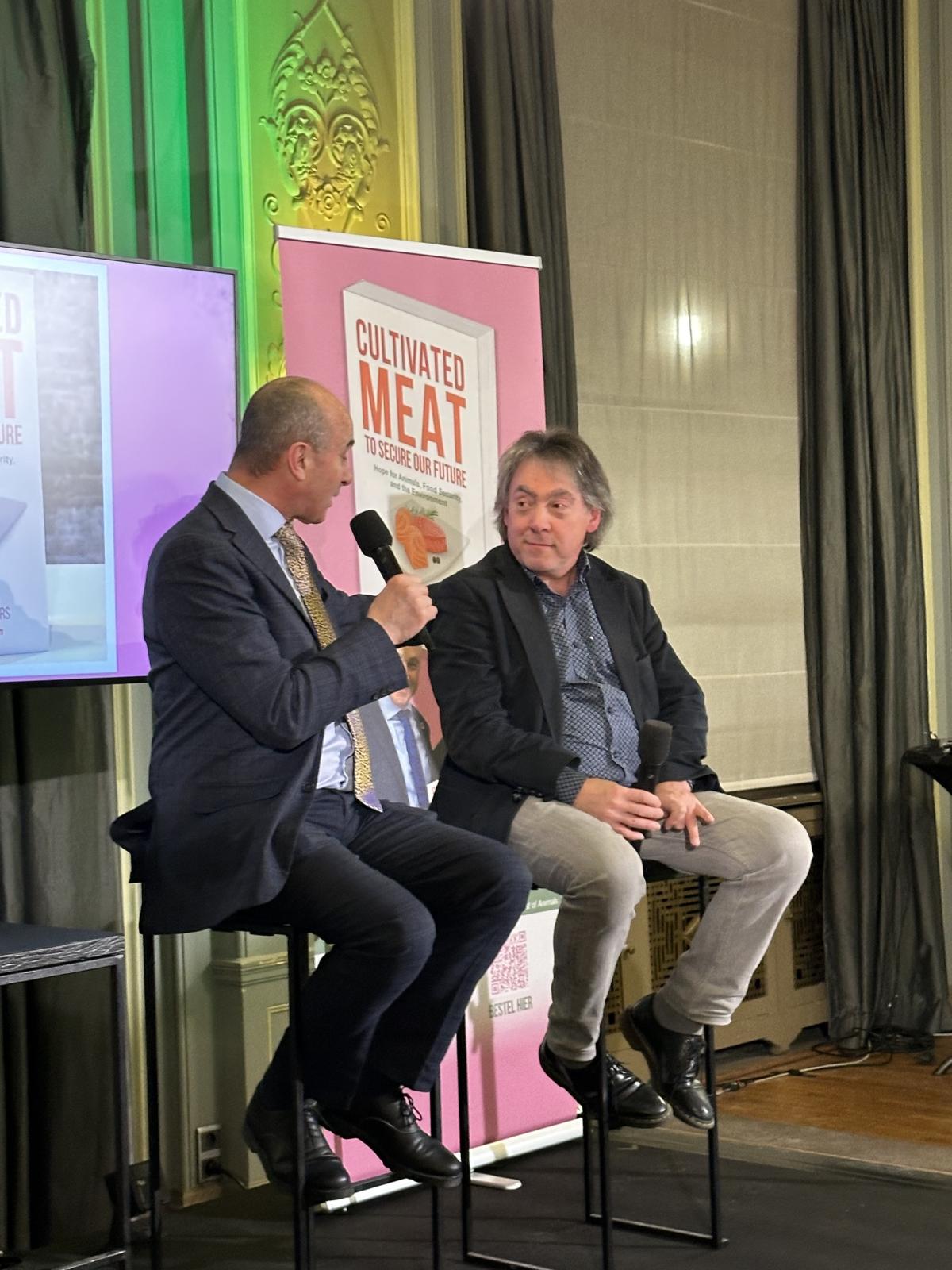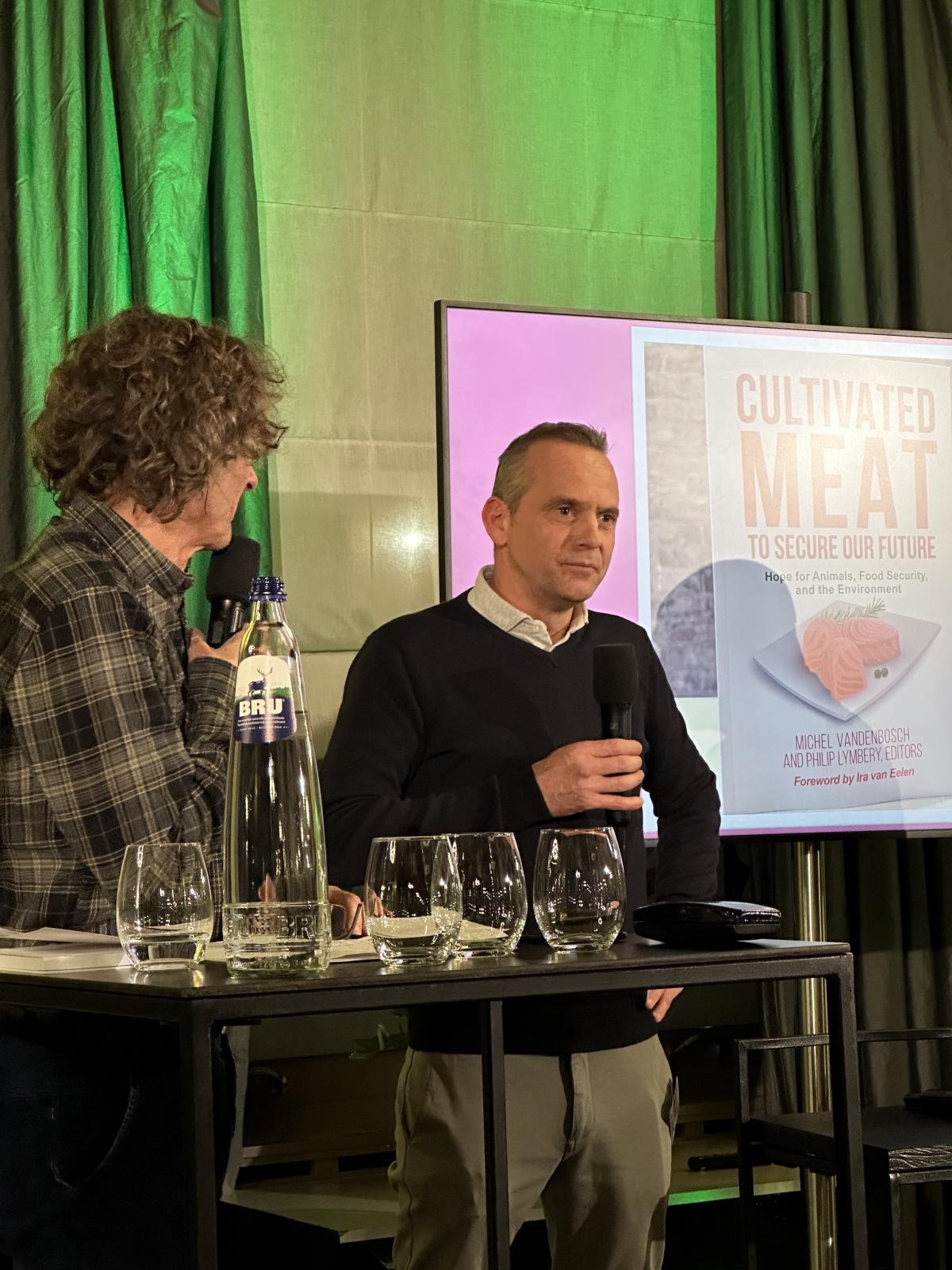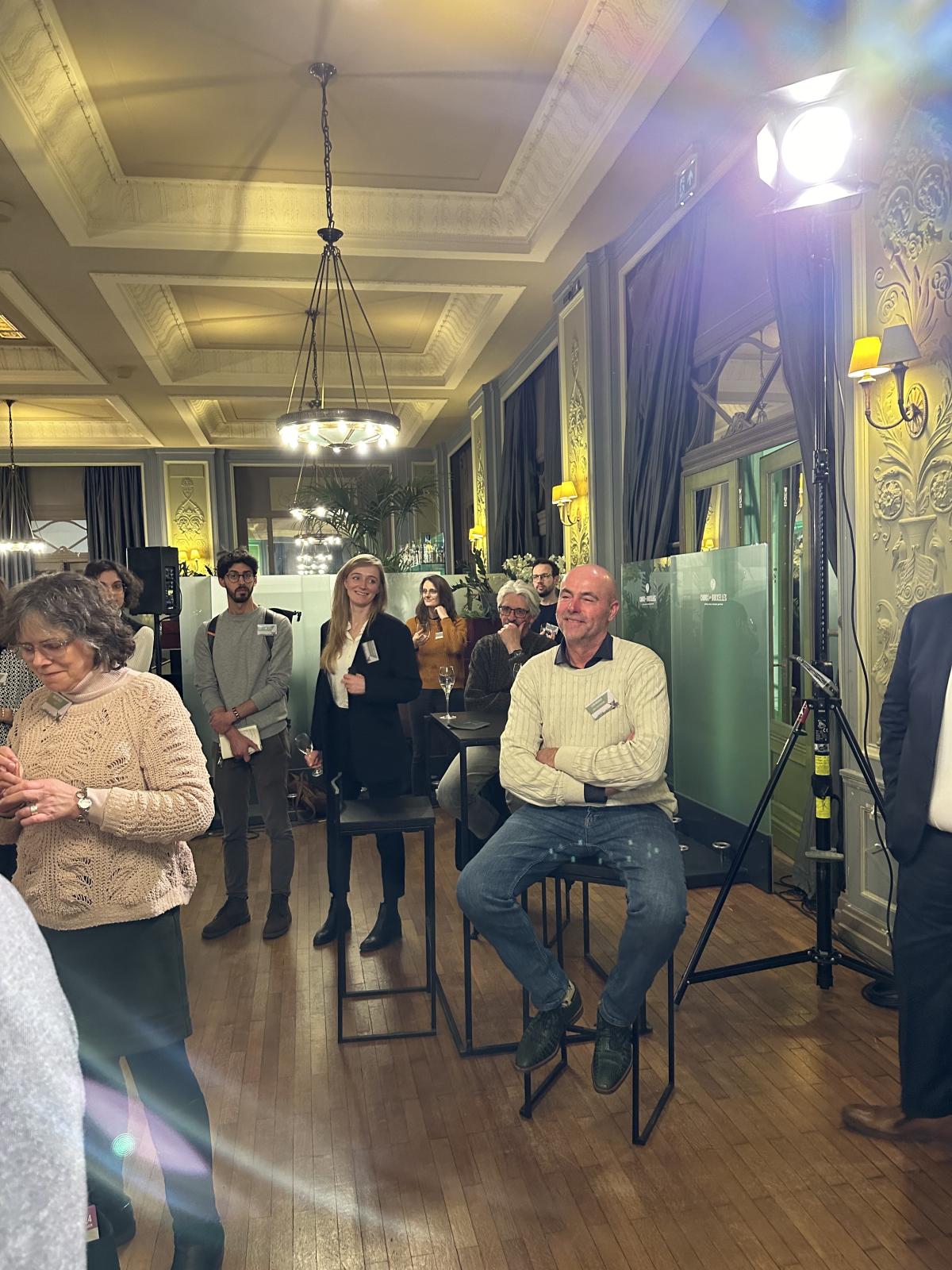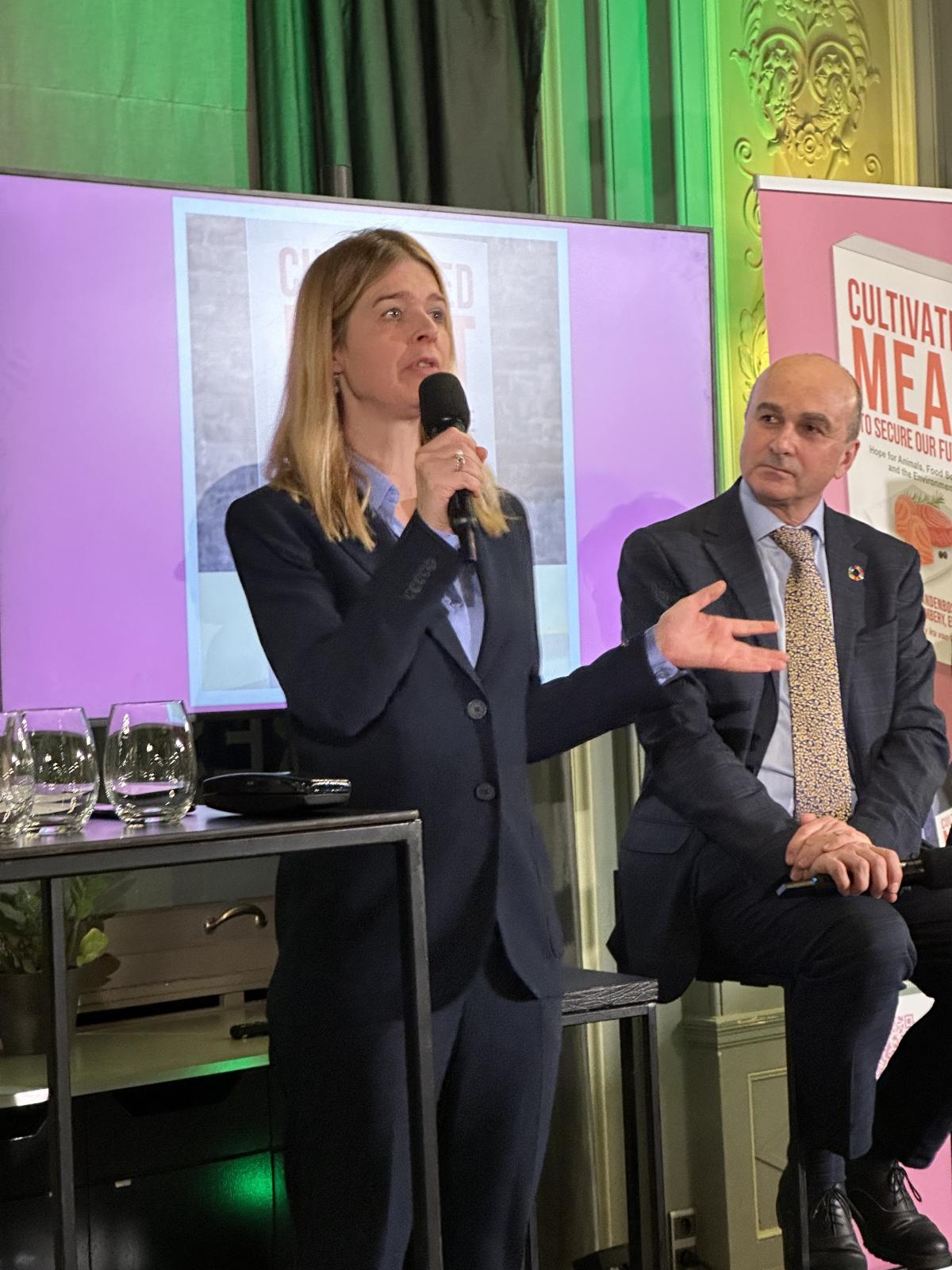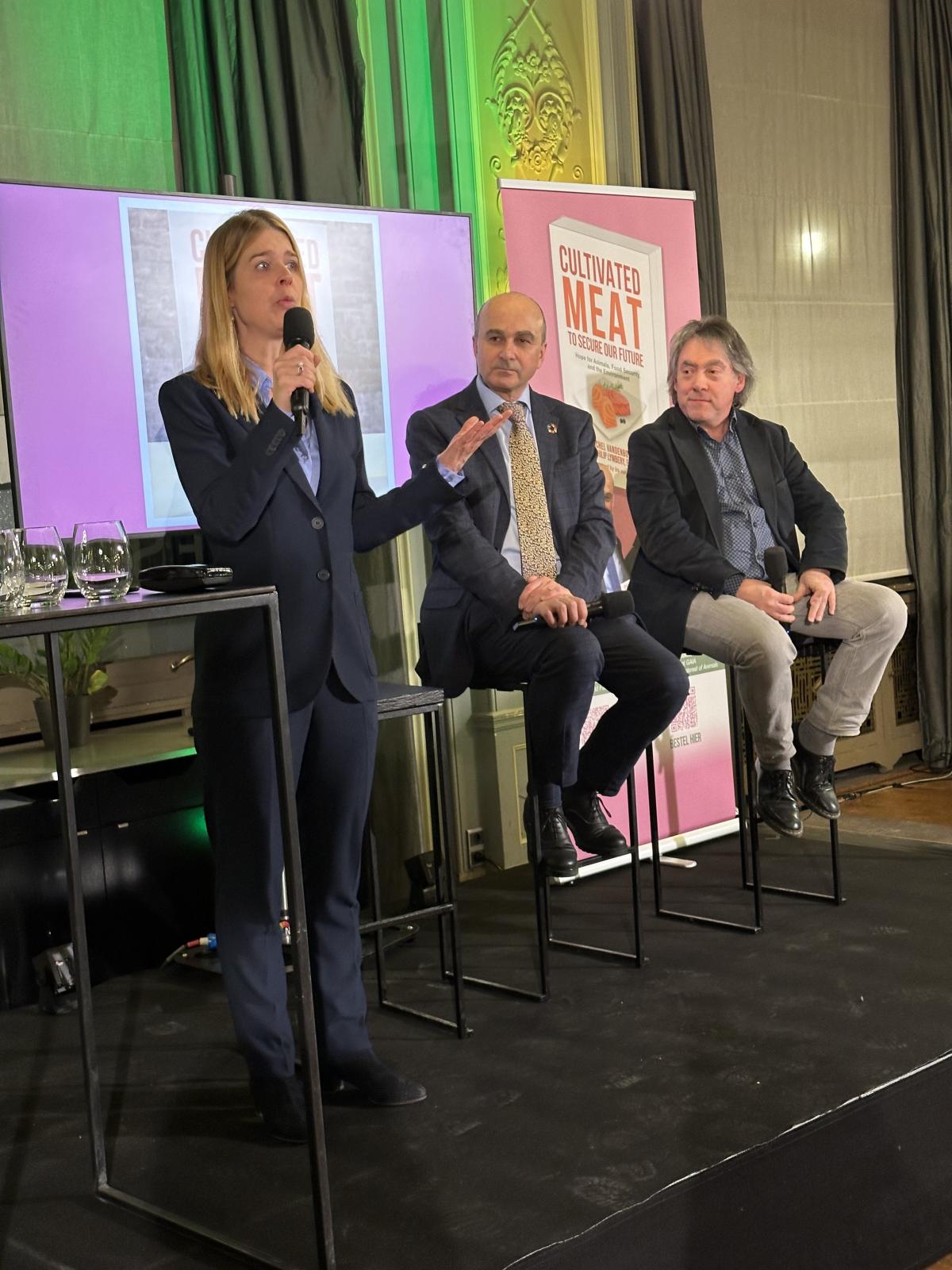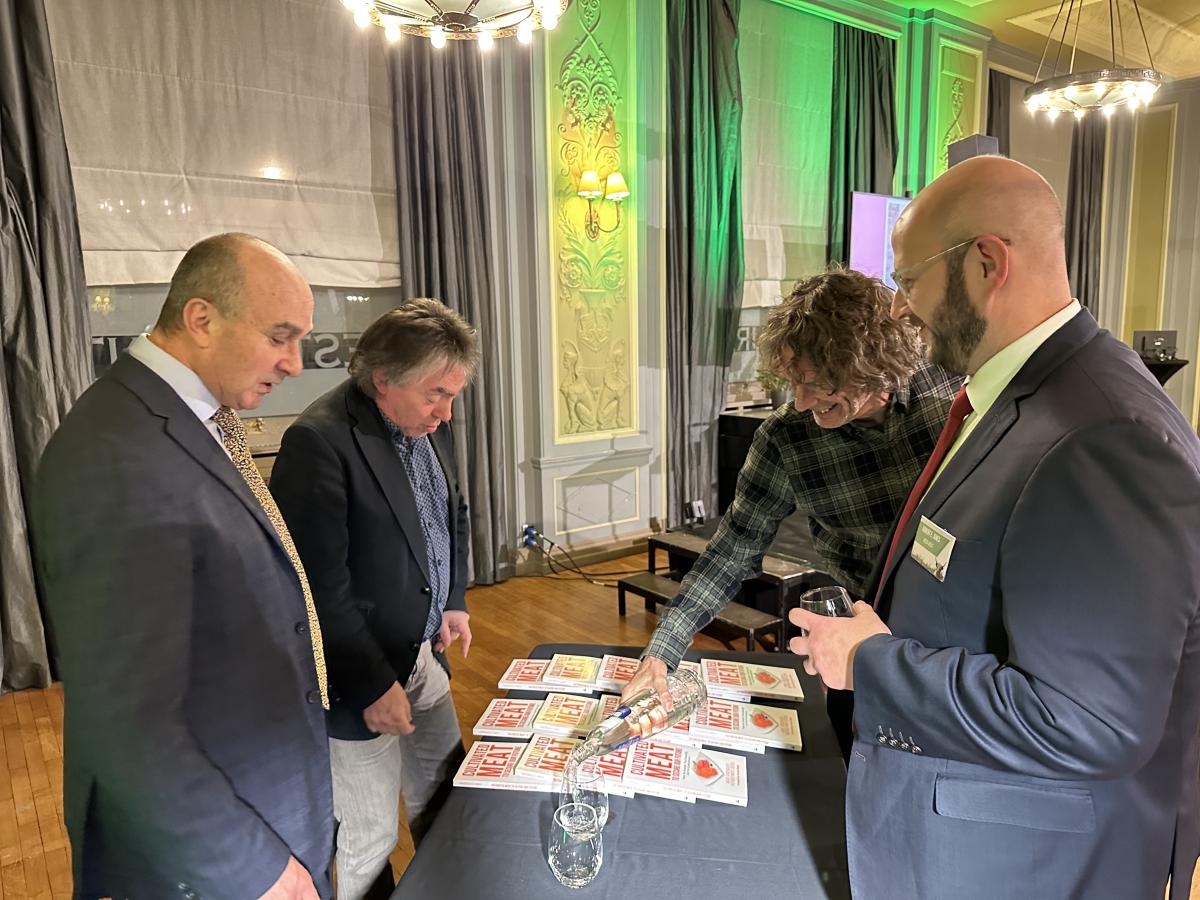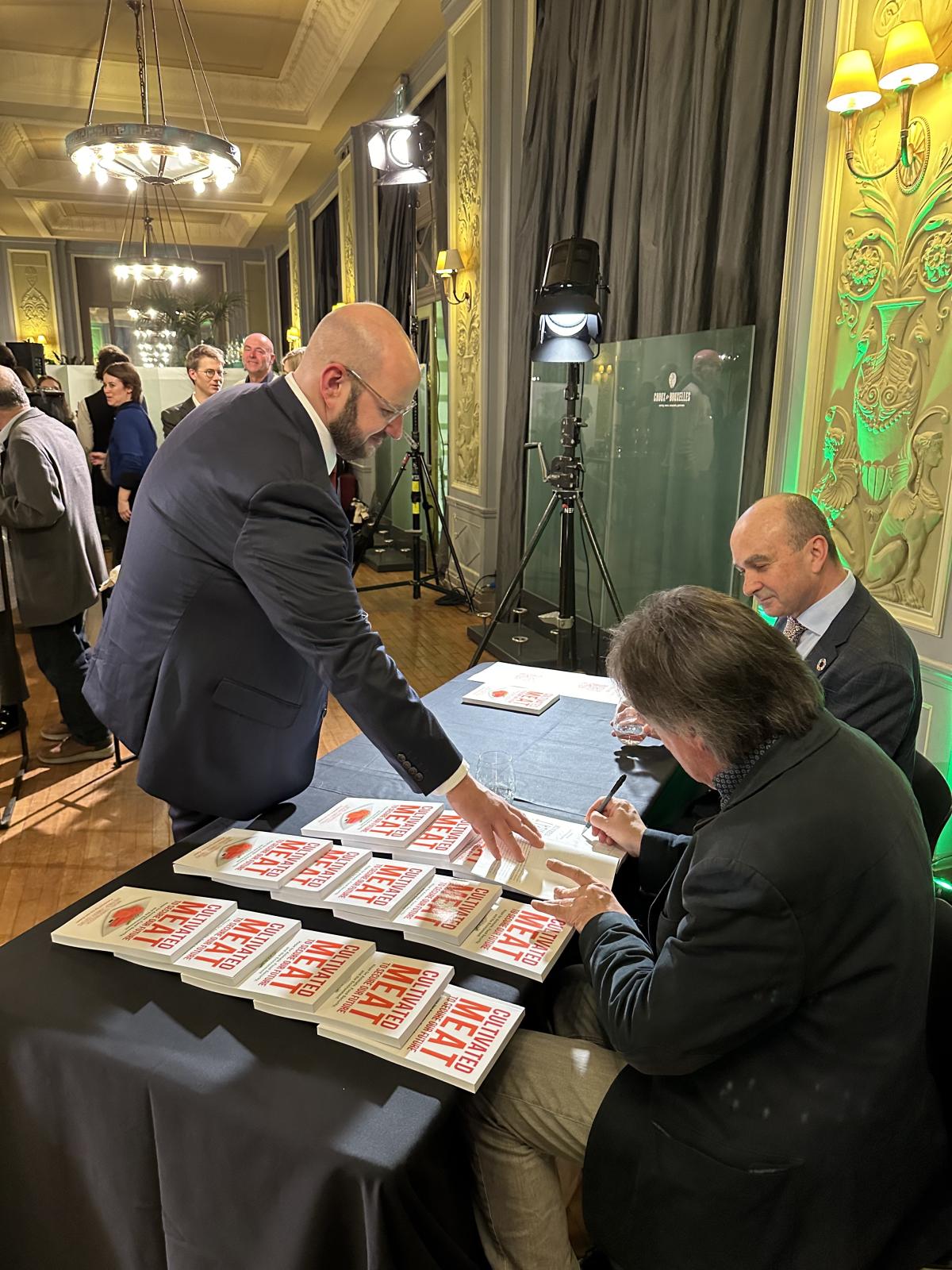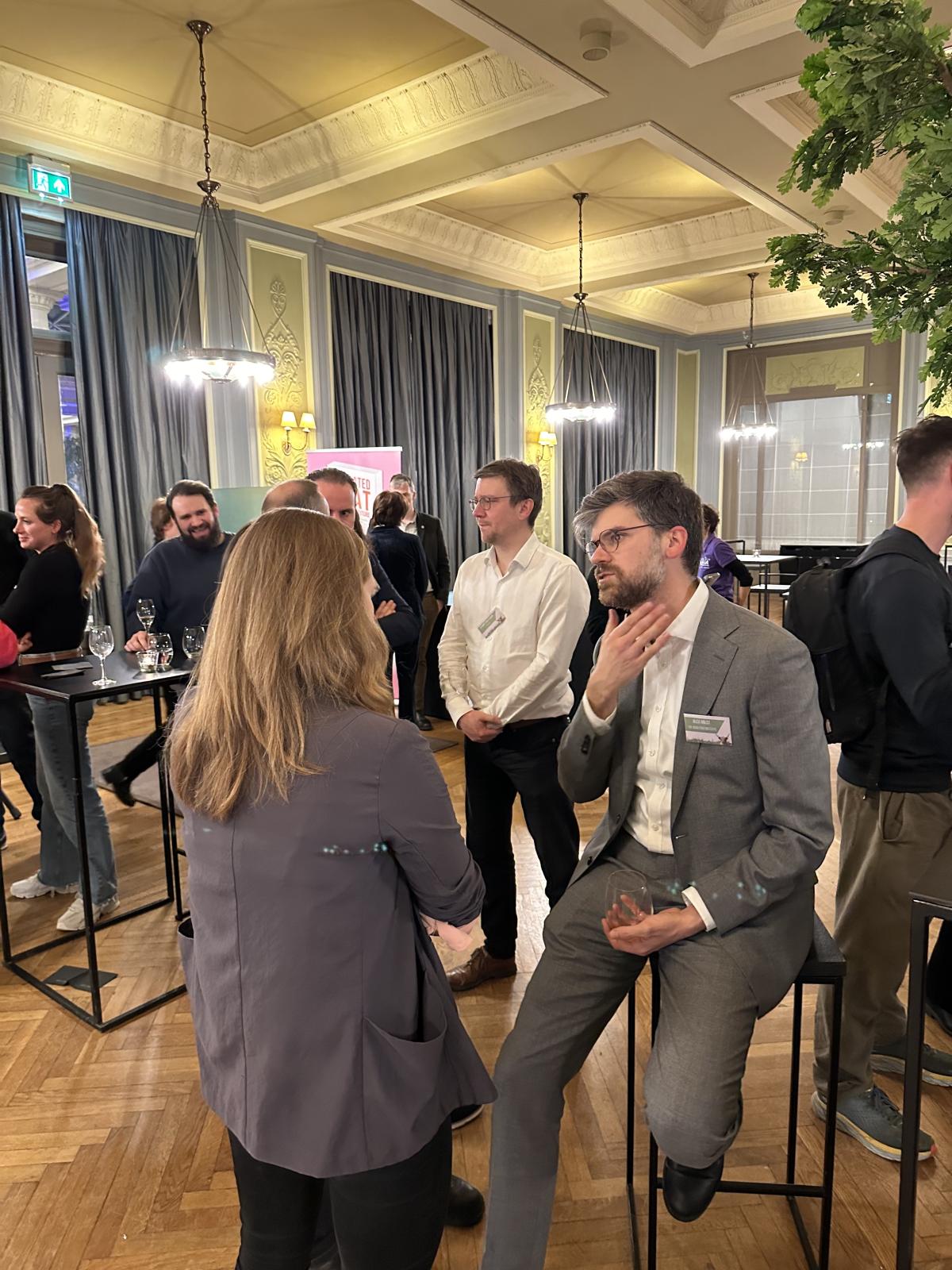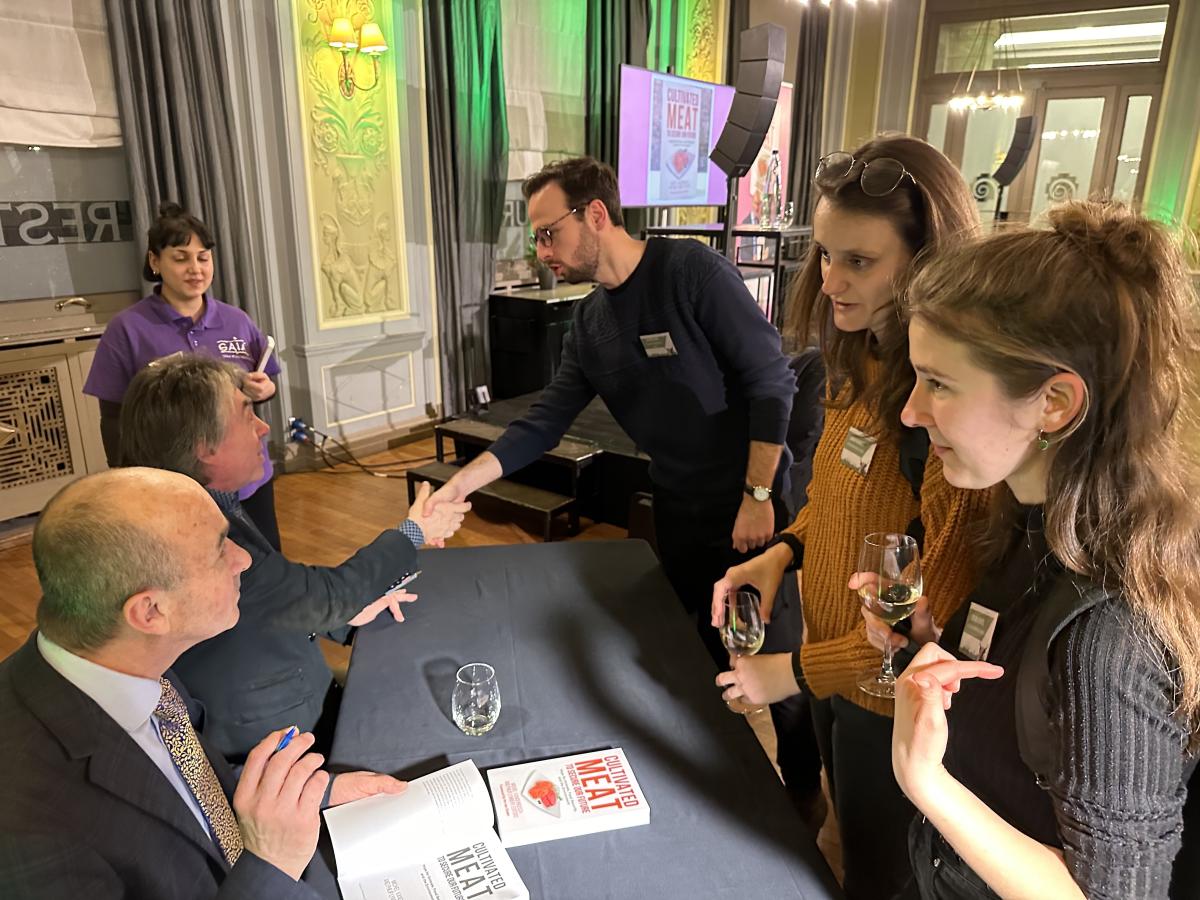Will apprehension towards the unfamiliar prevail among our European leaders? Or, akin to many of their counterparts on other continents, will they embrace new technologies with an open mind, recognizing their potential to complement and enhance our current food system?
Exploring the potential of cultured meat in addressing issues of cruelty, climate change, and biodiversity loss, a new book titled Meat to Secure Our Future: Hope for Animals, Food Security, and the Environment emerges as a significant initiative by Europe's most influential animal activists, Michel Vandenbosch and Philip Lymbery.
This visionary book, which brings together an impressive array of experts, will be presented on Feb. 7 at the Residence Palace in the heart of Brussels, the European capital. The book aims to inform, inspire, and spark debates surrounding cultured meat. It provides new insights that hold the potential to drive essential changes in our food system.
Cultured meat represents a breakthrough: it is real meat derived from animal cells, yet produced without slaughter. The book contains several chapters written by internationally respected experts delving into various themes such as consumer acceptance, health implications, environmental impact, and religious considerations.
Farmed meat could be produced on just one percent of the farmland currently used for livestock production. This shift could result in an 85% reduction in greenhouse gas emissions globally, and water usage would be significantly decreased. Diseases commonly associated with livestock and poultry, including those transmissible to humans such as BSE (mad cow disease) and avian flu, could potentially be eradicated. In contrast to conventionally slaughtered meat, cultured meat does not need to contain traces of antibiotics.
Prime Minister Winston Churchill foresaw the idea of cultured meat as early as 1932. "Fifty years hence, we shall escape the absurdity of growing a whole chicken in order to eat the breast or wing by growing these parts separately under a suitable medium", he wrote.
At one time it seemed impossible for man not to get around by horse and cart, but today we know better. Future generations are likely to view the practice of confining living animals in deplorable conditions to satisfy our dietary needs with disdain, perhaps even labeling us as fools for perpetuating it.

